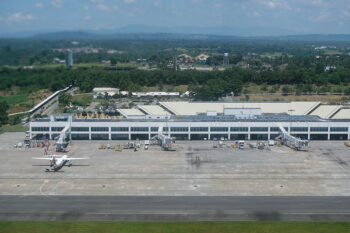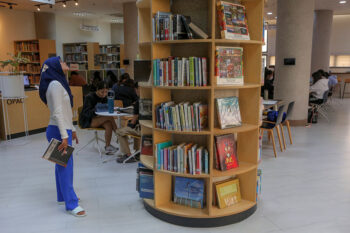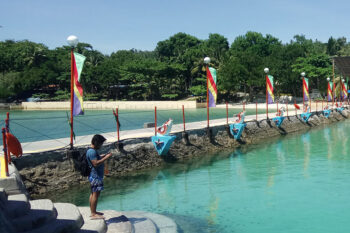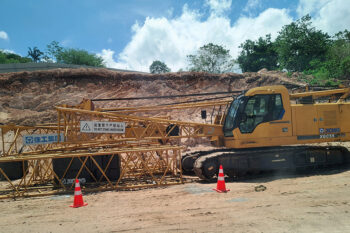NAAWAN, Misamis Oriental (MindaNews/25 March) — Peace is not just the absence of conflict or war. It is not just the disappearance of opposing groups or people hating, hurting, maiming and killing each other. Peace is beyond and more than that. Because even if the guns of war have already been silenced, even if violence has been stopped, there is no guarantee that conflicts will not recur or canons will not bark again. We all go back to square one if the roots of conflict are not unearthed and stamped out, and if the psychological and socio-political structures that allow injustice, inequality and oppression in society are not demolished.
To attain and sustain peace, we need to free our people from ignorance – from biases and prejudices that resulted from the play of historical forces. Ignorance closes the minds of people. It breeds indifference and distrust and stokes hatred and animosity. We need a liberating education to erase the footprints of ignorance from our consciousness, and to empower people to break barriers and reach out to others. If we are free from negative attitudes and feelings, peace will dwell in us.
To have peace and dignity, people must have reliable livelihoods and decent sources of income.
A farmer ought to have a farm to till and make productive. A fisher must have access to a bountiful sea to earn and sustain a living. Professionals and businessmen must be able to conduct their professions, trade and commerce, without fear of harassment and unwarranted interruptions. All this requires governance where the structures, mechanisms and decisions of authorities are transparent and arrived in participatory manner; and where accountability and responsibility in the implementing system are established, making therefore the business of governance predictable and reliable.
Predictability encourages trust and confidence in government which is an important dynamo in economic and political development.
Peace will continue to elude us if the environment that provides nourishment and sustenance to our people is degraded by the greed of a few and the ignorance of the many. If nothing serious is done to restore the integrity of the environment, people will be fighting again, this time over resources that we have taken for granted and now are fast dwindling and disappearing. It is said that if ever World War III will happen, it would be fought over access to scarce potable water.
The advent of global warming resulting from human abuse in the use of resources has altered climates and weather patterns. This accumulated sin against the environment has spawned droughts, floods, famines, tsunamis, earthquakes and other disturbances that have claimed heavy damage and loss to lives and properties. The time to act and institute change is now.
People are not resistant to change. People may become responsible stewards of creation – of the resources and the environment if they are made to understand the working and dynamics of the ecosystem. It is not difficult for them to understand that the bad things we do to the environment will, sooner or later, return to haunt and harm us. On the other hand, the good things that we do to it will multiply and benefit us all. This, likewise, requires educating, informing and liberating the people from ignorance.
By and large, the accident of geography has, from the beginning, divided us into nation of tribes with different languages, beliefs, traditions and practices. The intrusion of colonial powers into our history exacerbated these differences, notwithstanding efforts for one political unity. These differences, however, should not be considered a curse but as a blessing because they have enriched our nation’s cultural heritage.
Now, as we await the signing on Thursday, 27 March, of the Comprehensive Agreement on the Bangsamoro (CAB), a crucial document which will usher the eventual establishment of the Bangsamoro as the new autonomous political entity in Mindanao, we should never lose sight and forget that in building that governance structure maintaining unity in diversity should be enshrined as one of its overriding goals. (MindaViews is the opinion section of MindaNews. William R. Adan, Ph.D., was a research and extension worker, professor and the first chancellor of the Mindanao State University at Naawan, Misamis Oriental. He was a British Council fellow and trained in 1994 at Sheffield University, United Kingdom, on Participatory Planning and Environmentally Responsible Development. Upon retirement, he served as national consultant to the ADB-DENR project on integrated coastal resource management. He is the immediate past president of the MSU Alumni Association)







